Photography Hatje Cantz Verlag | Carrie Mae Weems
$28.01 $22.97
Reflections For Now

Widely Considered To Be One Of The Most Influential American Living Artists, Carrie Mae Weems Has Developed A Practice Celebrated For Her Exploration Of Cultural Identity, Power Dynamics, Desire, Intimacy And Social Justice Through A Body Of Work That Challenges The Prevailing Representations Of Race, Gender, And Class. Defined By The Use Of Photography, Installation, Film, Performance And Textile, Her Remarkably Diverse And Radical Practice Questions Dominant Ideologies And Historical Narratives Created And Disseminated Within Science, Architecture, And Mass Media. Published In The Context Of Her Solo Exhibitions At Barbican Art Gallery London And Kunstmuseum Basel, This Book Brings Together A Selection Of Weems’ Own Writings, Lectures, And Conversations For The First Time, Providing Personal Insights Into Themes Such As The Consequences Of Power, Artistic Appropriation, Music As Inspiration, History-Making, And The Normative Role Of Architecture.
Carrie Mae Weems (*1953, Portland, Oregon) Was Trained As Both A Dancer And A Photographer Before Enrolling In The Graduate Program In Folklore At University Of California, Berkeley In 1984. Questioning The Representation Of The Black Subject, She Came To Prominence Through Her Photographic Work Such As The Kitchen Table Series (1990), A Narrative Of Staged Photographs That Tell A Story Of One Woman’S Life, As Conducted In The Intimate Setting Of Her Kitchen. In 2014, She Was The First Living African American Artist Ever To Present A Solo Exhibition At The Guggenheim In New York.
Be the first to review “Photography Hatje Cantz Verlag | Carrie Mae Weems” Cancel reply
Related products
Photography
Photography
Photography
Photography
Photography
Photography

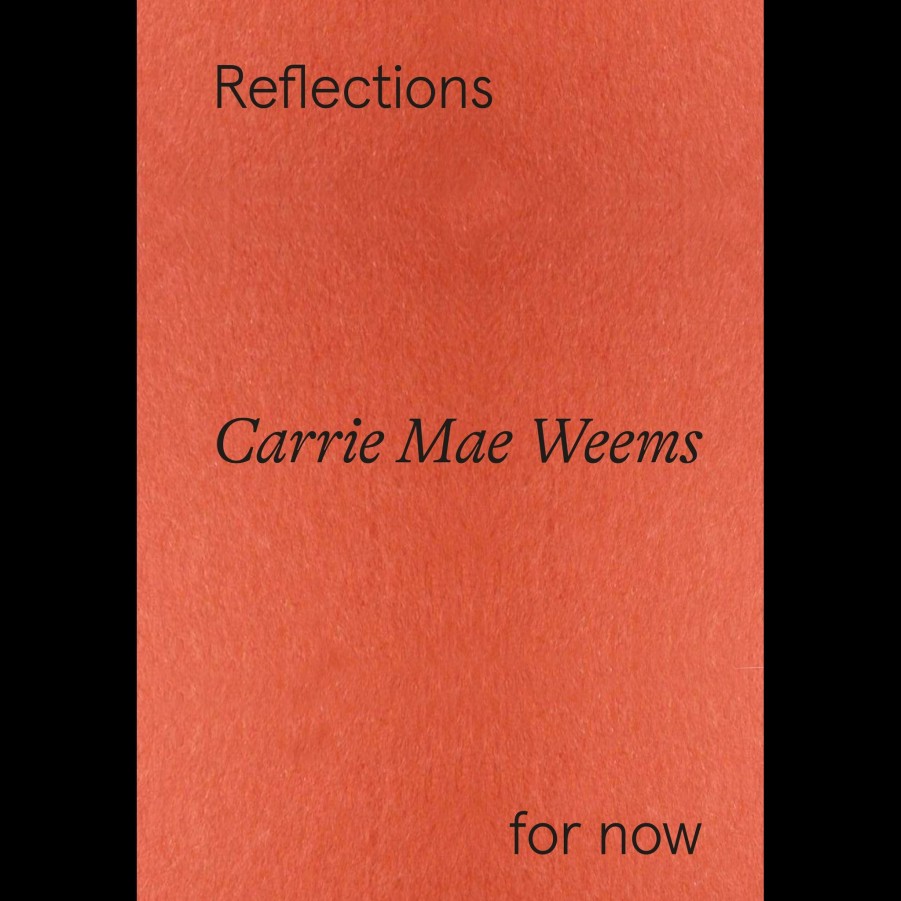
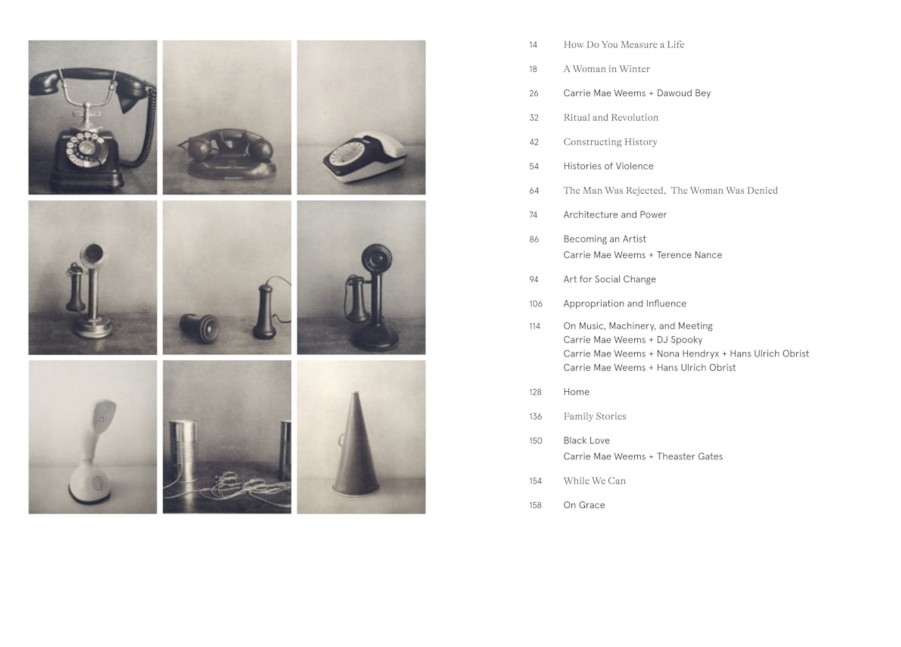
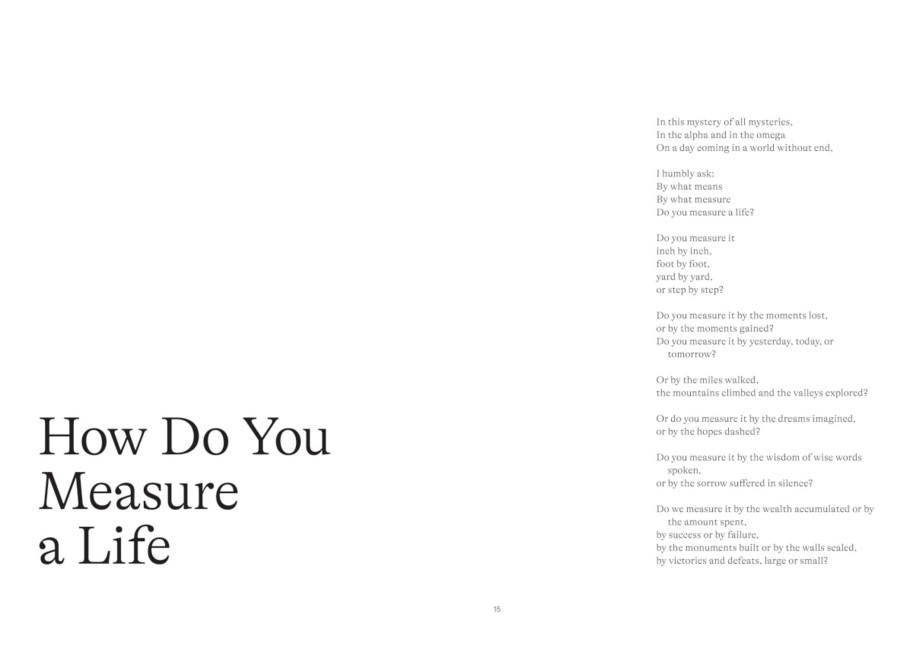
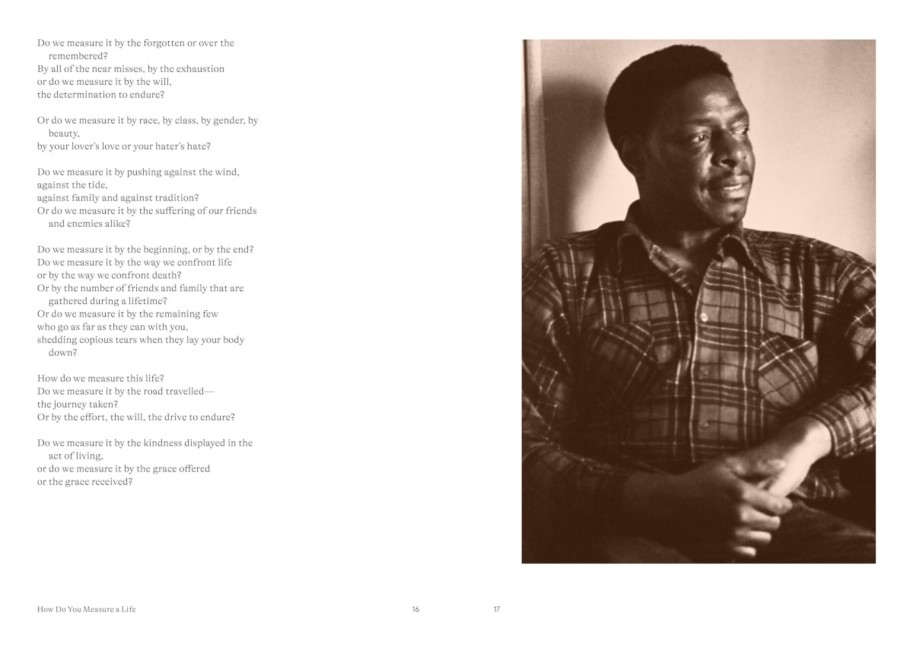
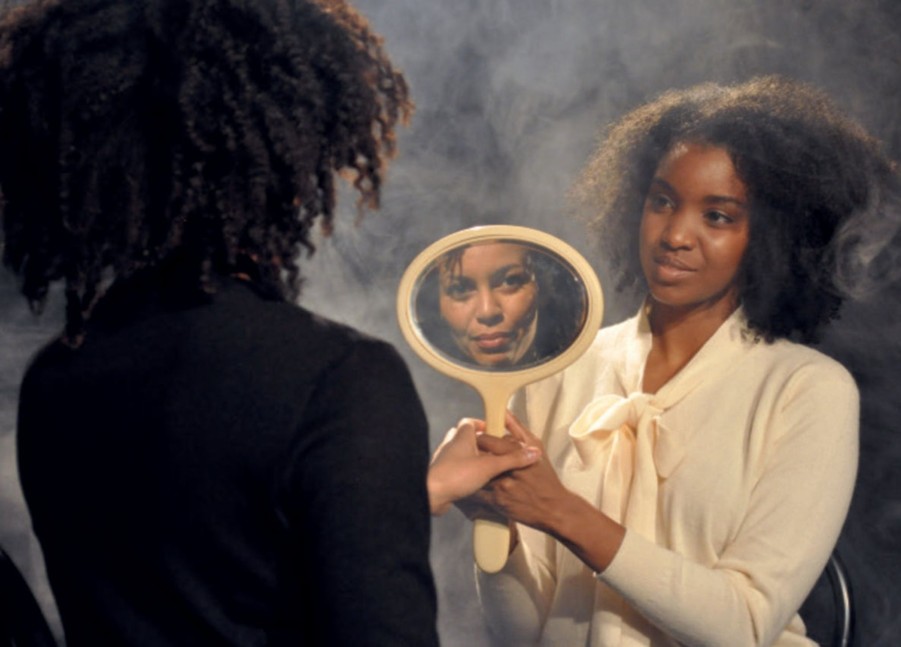
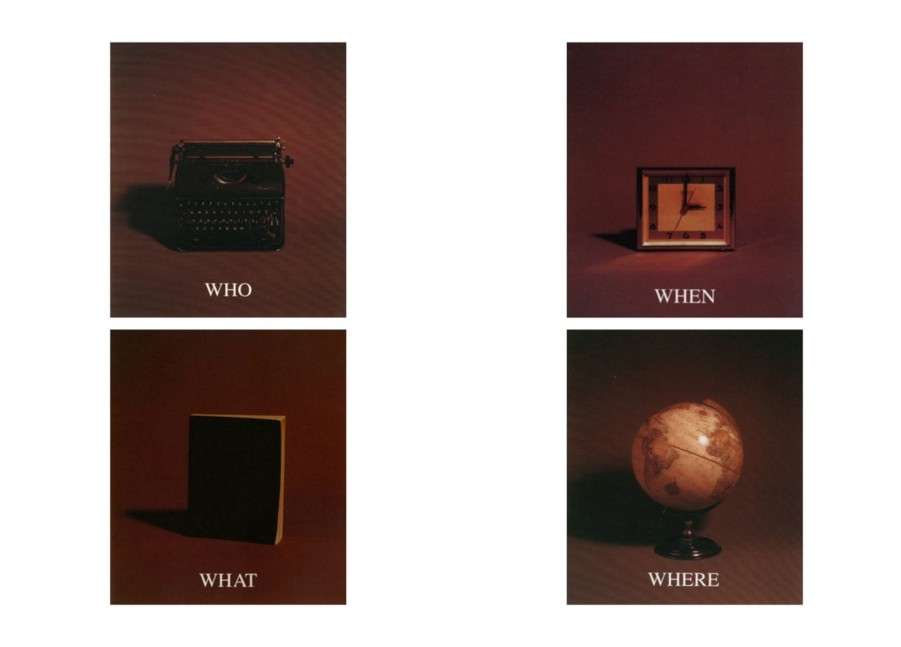
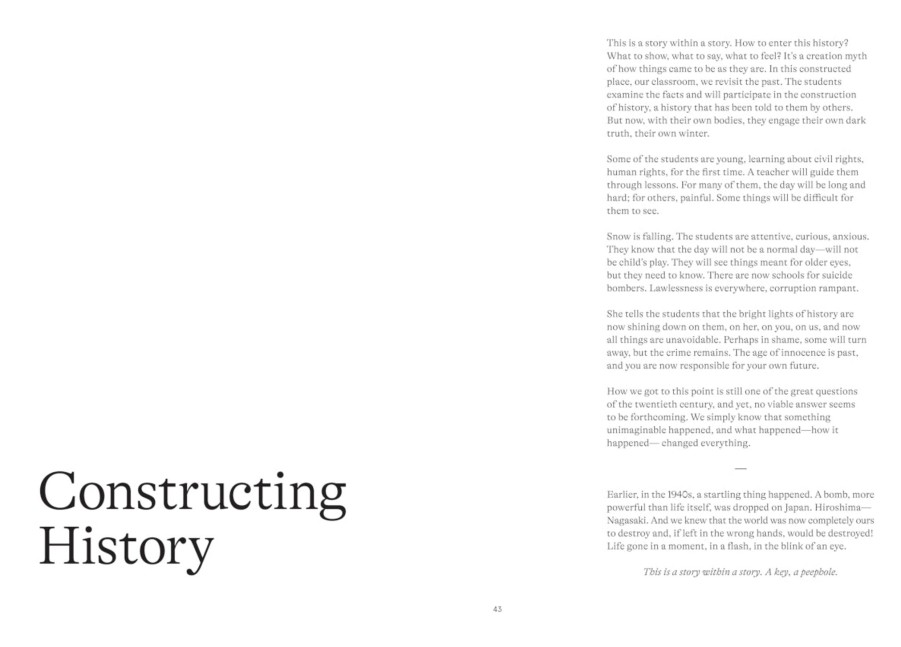
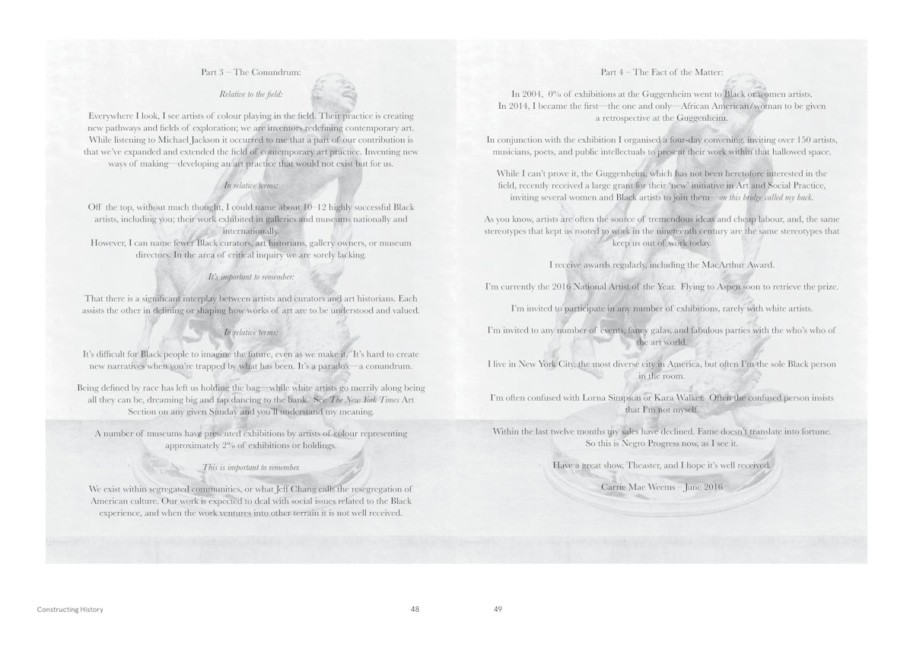
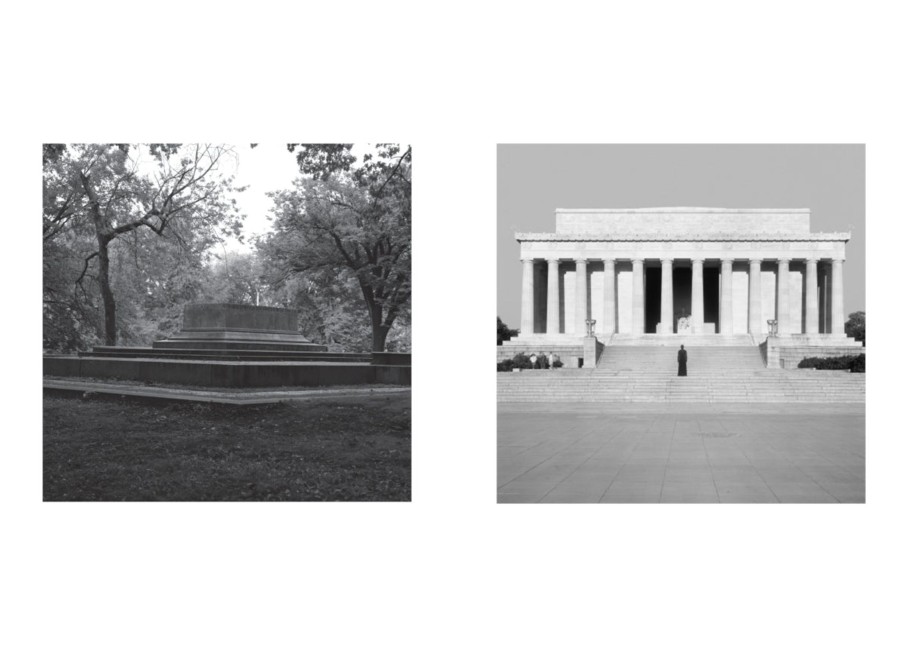
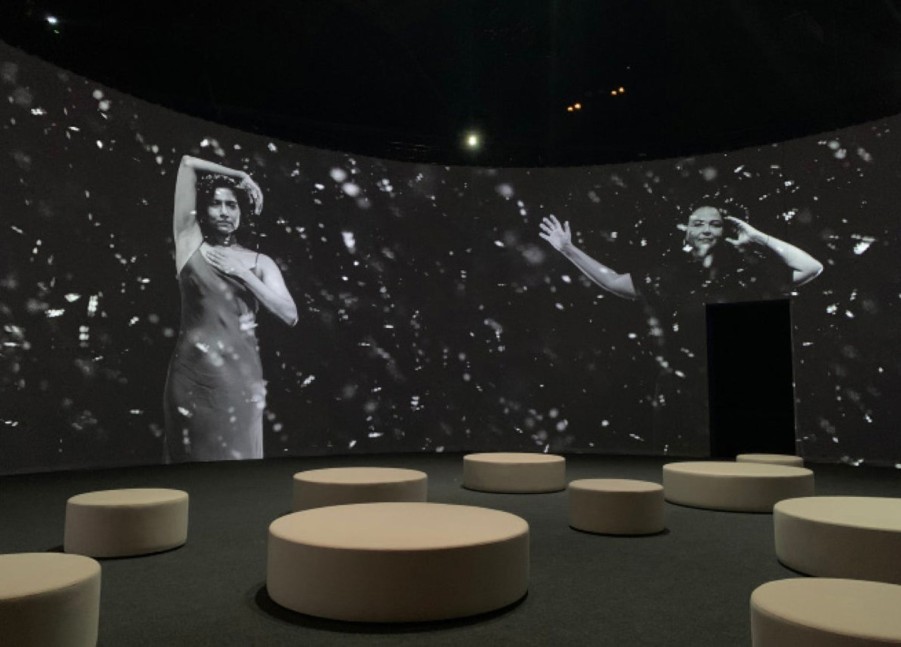
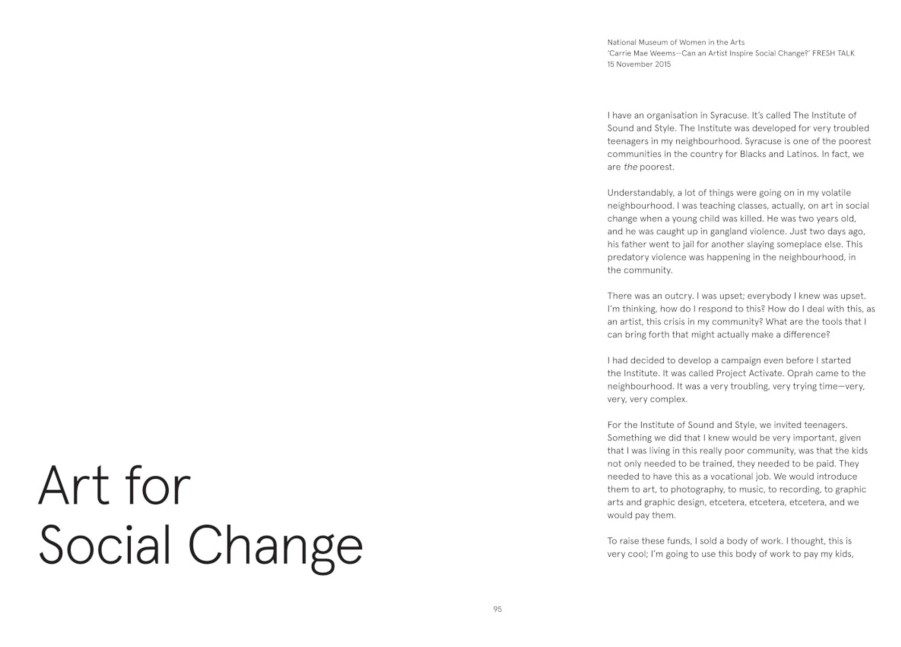
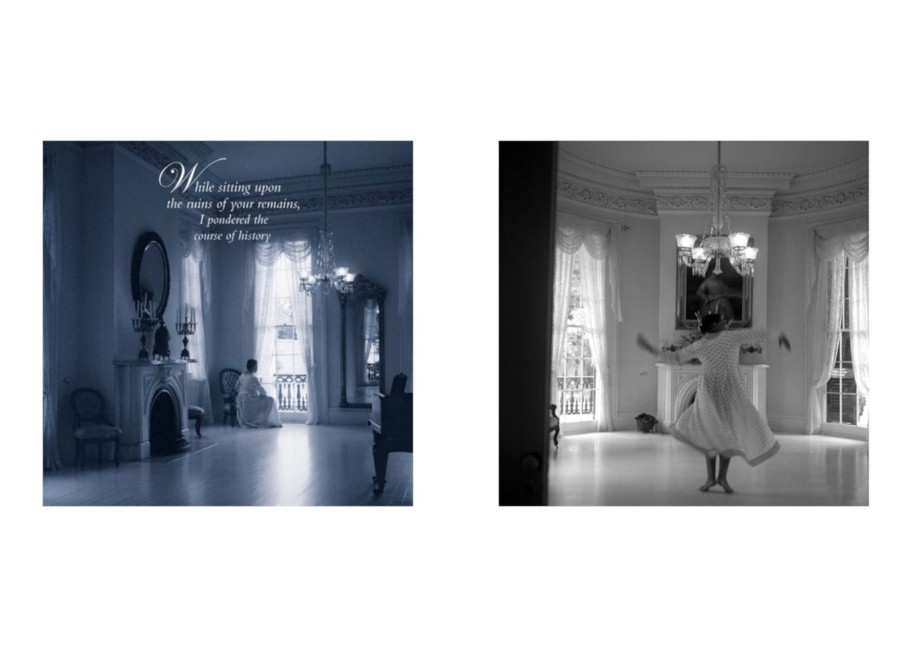



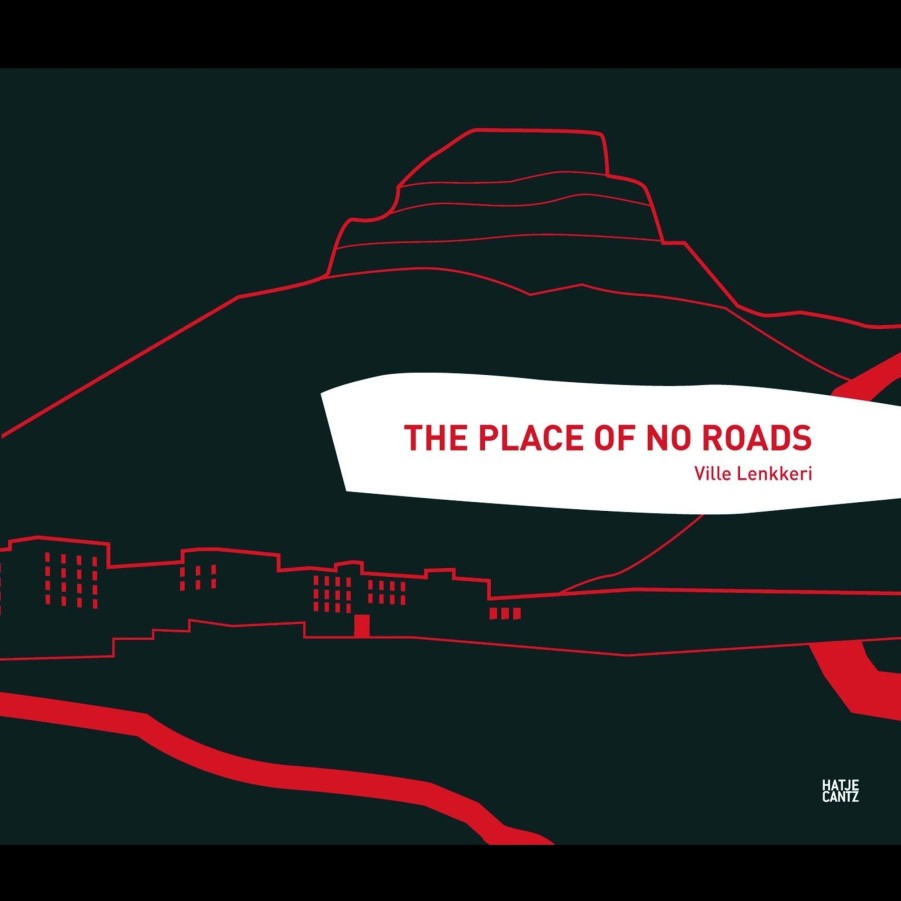
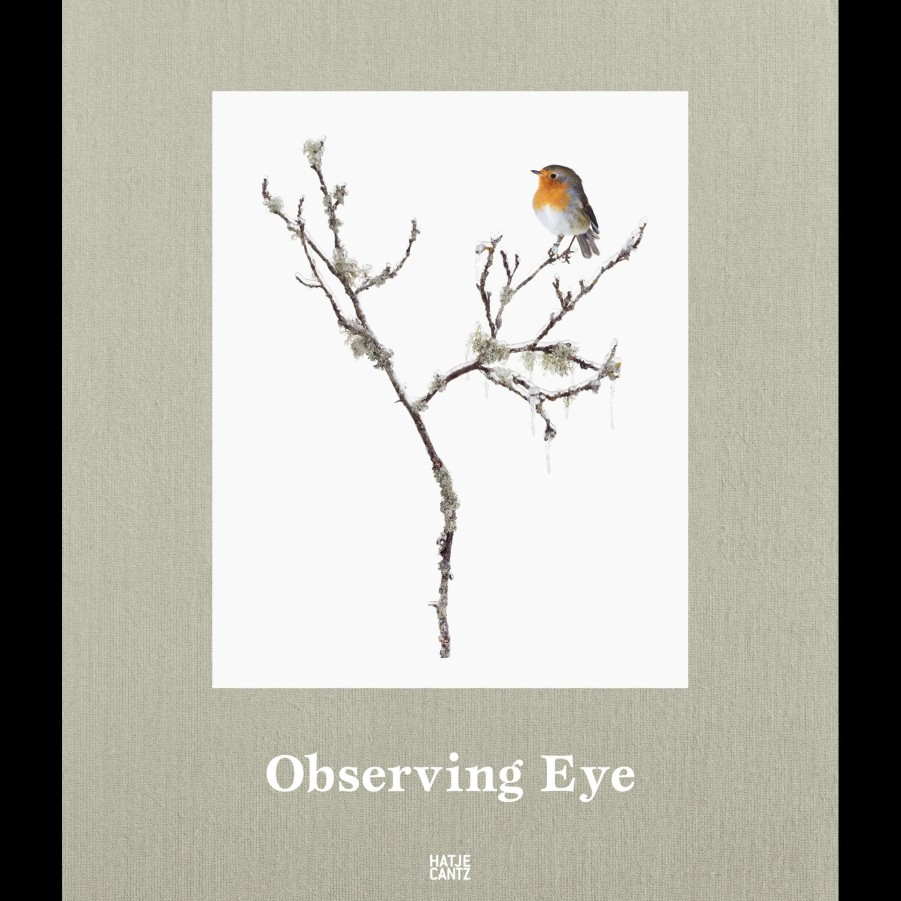


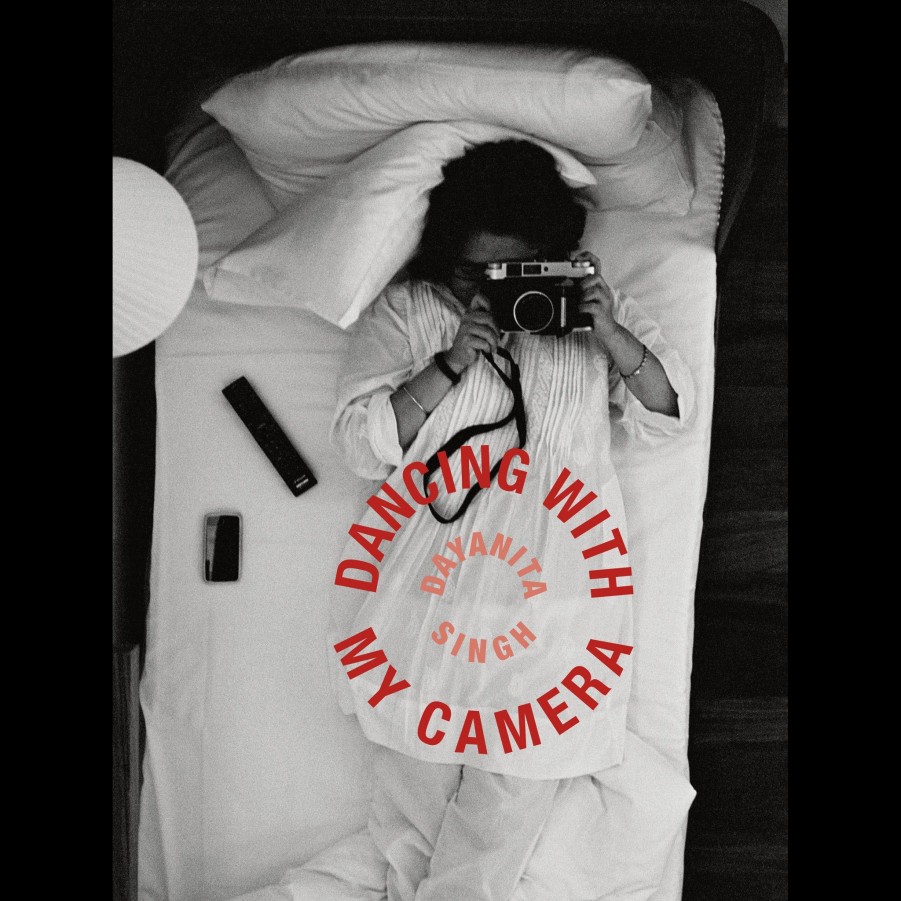
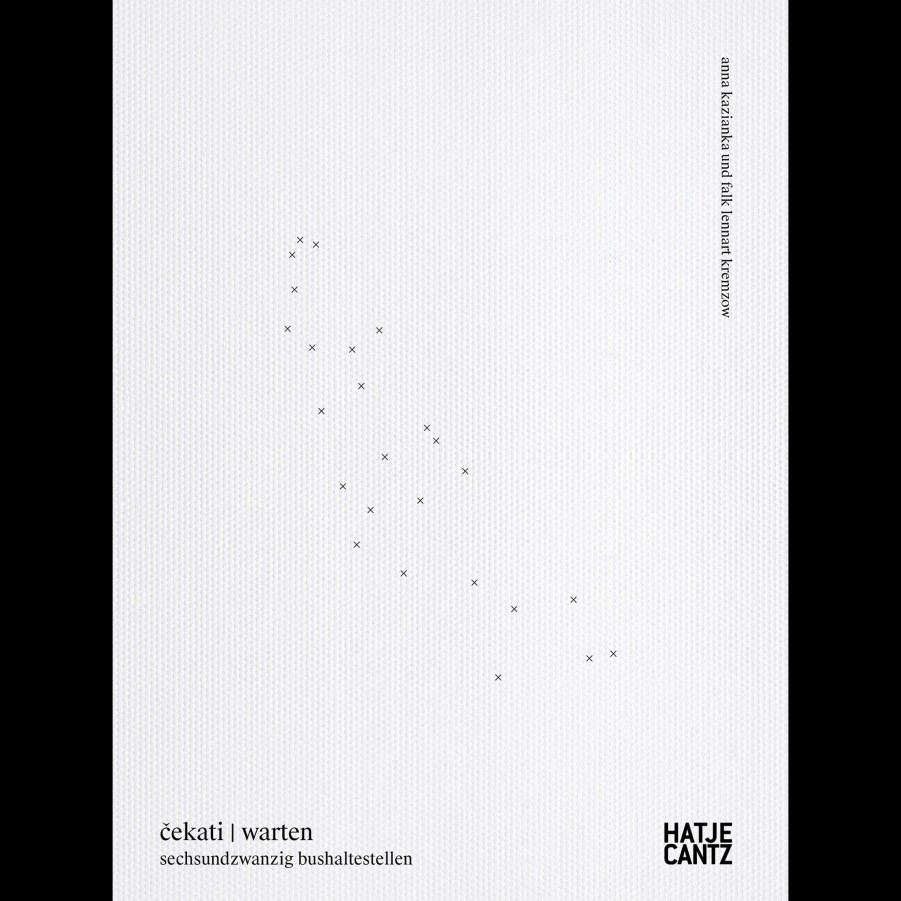

Reviews
There are no reviews yet.